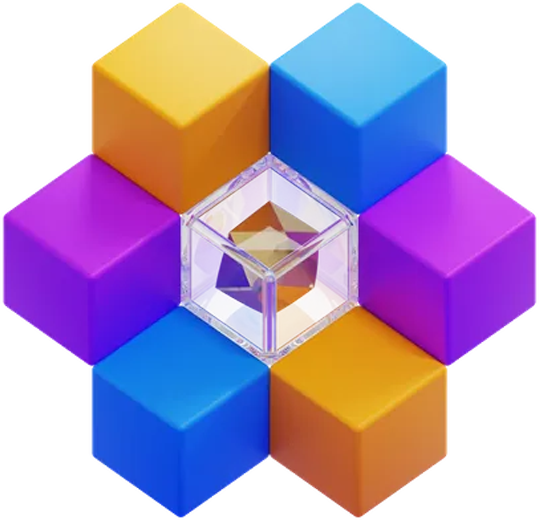Combines Proof-of-Stake (PoS) with a reputation-based Proof-of-Trust (PoT) system. Validators are selected based on both their stake and their trust score, which is calculated from historical behavior and network contribution
Find out moreQuantum computing poses a significant risk to traditional cryptographic algorithms like RSA and ECC, which secure most current blockchains. As quantum technology advances, *quantum-resistant blockchains* are becoming essential.
Find out moreThe blockchain is divided into multiple shards, each capable of processing transactions independently. A root chain coordinates cross-shard communication and ensures global consensus
A dynamic variant of BFT that adjusts the fault tolerance threshold based on network conditions and validator trust scores.
A universal protocol for seamless communication between OmniChain and other blockchains (e.g., Bitcoin, Ethereum, Polkadot). Uses cryptographic proofs and atomic swaps to ensure trustless interoperability.
Find out more














Experience full stack decentralization: from DAOs and crypto cloud services to games, NFTs, and social media, the Internet Computer has something for everyone.
See for yourself
Explore the BitChain Roadmap, focussing on contributions by the DFINITY Foundation. The roadmap is split into nine themes, each highlighting upcoming milestones.
get into it